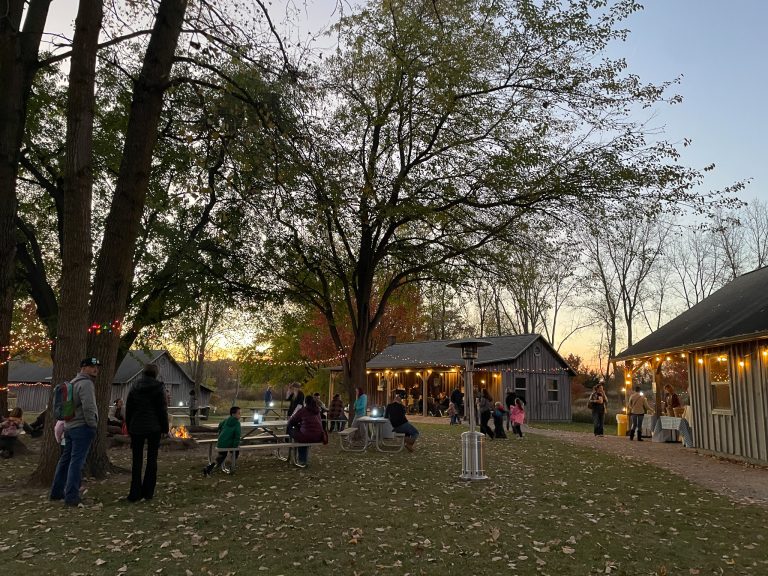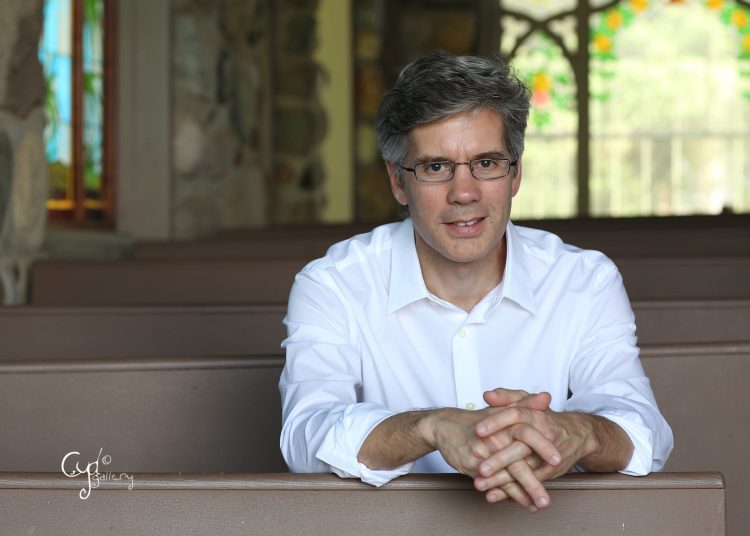
Events
How the University of Utah Basketball Program Is Building a Winning Culture
-
2025-11-06 10:00
I remember walking past the Huntsman Center last November, the crisp Utah air carrying that distinct mix of anticipation and anxiety that only college basketball season can bring. The arena lights glowed against the early winter darkness, and I found myself thinking about what it takes to transform a program—not just win games, but build something that lasts. That’s when it struck me how the University of Utah basketball program is building a winning culture, brick by brick, through deliberate choices that go far beyond the court.
I’ve followed college sports long enough to know that success isn’t just about recruiting five-star talent or hitting buzzer-beaters. It’s about creating an environment where players buy into something bigger than themselves. Last season, I attended a practice session, and what stood out wasn’t the flashy dunks or three-point drills—it was the way the coaching staff emphasized accountability. Players were pushing each other during defensive slides, calling out assignments, and celebrating stops like they’d just won a championship. That kind of day-in, day-out commitment doesn’t make headlines, but it’s the foundation of a winning culture. I remember chatting with a longtime staffer who told me, "We’re not just building a team; we’re building habits." And those habits, I’ve noticed, are paying off in close games where mental toughness matters as much as physical skill.
But building a culture isn’t always linear. There are setbacks, moments that test a team’s resolve. It reminds me of Alex Eala’s early exit in the doubles competition last Wednesday, which officially ended her Oeiras campaign—her first clay court tournament of the 2025 season. In individual sports like tennis, a loss can feel isolating, but in team sports like basketball, it’s a collective experience. The Utes had their share of tough losses last year, including a heartbreaker against Arizona where they squandered a double-digit lead. Yet, what impressed me was how the team responded. Instead of finger-pointing, players held a players-only meeting the next day. I heard from insiders that they focused on what they could control—effort, communication, and trust. That’s the kind of resilience that separates good programs from great ones.
From my perspective, the Utes are leveraging data and community engagement to reinforce their culture. For instance, I learned that the program has integrated advanced analytics into player development, tracking everything from defensive efficiency (which improved by 12% last season) to leadership metrics like assist-to-turnover ratios. But it’s not all numbers and spreadsheets. I’ve seen how the team connects with fans, whether it’s hosting youth clinics or volunteering locally. Last month, I joined a community event where players helped clean up a park in Salt Lake City. It wasn’t mandatory, but nearly the entire roster showed up. That says a lot about the character they’re cultivating—a blend of competitiveness and compassion.
Of course, not everyone agrees with my optimism. Some critics point to the Utes’ recruiting rankings, which hover around the 40th nationally, and argue they lack the star power to compete with blue-blood programs. But I’ve always believed that culture can outperform raw talent. Look at teams like Virginia or Baylor, who built champions through system-based approaches rather than relying on one-and-done prospects. The Utes are following a similar blueprint, focusing on player development and retention. Did you know they’ve had only two transfers in the last two years? That’s a testament to the family-like atmosphere they’ve fostered.
As I reflect on the program’s journey, I can’t help but draw parallels to my own experiences. Years ago, I worked with a startup that prioritized culture over quick wins, and it taught me that sustainable success requires patience and alignment. The Utes, under Coach Craig Smith, seem to embody that philosophy. They’re not chasing fleeting glory; they’re building an identity rooted in defense, unselfishness, and grit. I recall a game against UCLA where they forced 18 turnovers—a season-high—by playing relentless, help-side defense. It wasn’t pretty, but it was effective. And honestly, I’d take that over a highlight-reel offense any day.
In the end, how the University of Utah basketball program is building a winning culture boils down to intentionality. It’s in the way they celebrate small victories, learn from losses like Alex Eala’s early exit in the doubles competition last Wednesday, which officially ended her Oeiras campaign—her first clay court tournament of the 2025 season, and invest in relationships off the court. I’ve spoken to parents of players who rave about the support system, from academic tutoring to mental health resources. That holistic approach, in my opinion, is what will propel them to new heights. Sure, they might not cut down the nets this year, but they’re laying the groundwork for something special. And as a fan, that’s exactly what I want to see—a program that wins the right way, one possession at a time.
-
2025-11-06 10:00
Why Gray Basketball Jerseys Are Dominating Modern Court Design Trends
I remember the first time I saw a team take the court in gray uniforms - it was during a preseason game a few years back, and honestly, my initial reaction w
-
2025-11-06 10:00LivestreamLivestream
Why Gray Basketball Jerseys Are Dominating Modern Court Design Trends
I remember the first time I saw a team take the court in gray jerseys - it was during a late-season game between the Celtics and Warriors back in 2021. At fi
-
2025-11-07 09:00LivestreamLivestream
How to Choose the Perfect Basketball Backboard and Rim for Your Home Court
When I first set up my home basketball court, I spent weeks researching backboards and rims before making my decision. It reminded me of how professional tea


